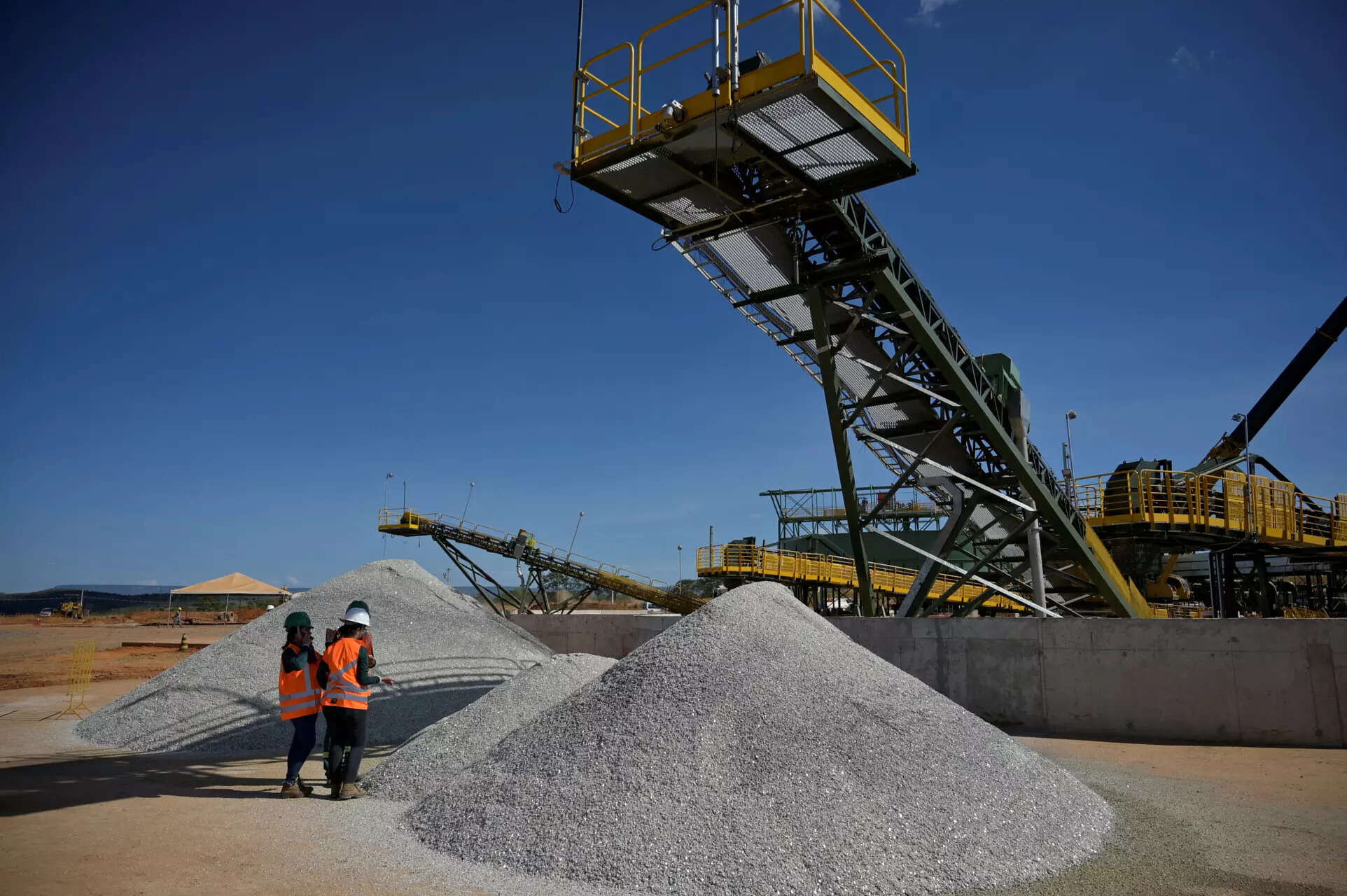
Chile’s SQM, the world’s second-largest lithium producer, said on Wednesday its third-quarter net earnings fell 56.4%, dragged down by falling lithium prices.
The miner, which also produces fertilizers and industrial chemicals, posted a net profit of USD 479.4 million for the quarter, below the USD 511.2 million expected by analysts polled by LSEG.
Revenue for the miner reached USD 1.84 billion during the July to September period, down 37.8% from last year and slightly below the LSEG estimate of USD 1.9 billion.
The Santiago-based company’s reported earnings per share at USD 1.68 also lagged the USD 2.11 forecast by analysts polled by LSEG.
“The third quarter 2023 results were impacted by significantly lower average sales prices in lithium and fertilizer business lines,” SQM‘s Chief Executive Officer Ricardo Ramos said in a statement.
Prices for lithium, an ultralight metal used for electric vehicle (EV) batteries, have tumbled over 60% as worries grow of softening global demand for EVs, hitting a two-year low this month.
SQM said its average lithium prices fell 47% year-over-year.
Ramos added, however, that the impact of lower sales prices was “partially offset by higher sales volumes, when compared to the same period last year, and higher iodine sales prices.”
Sales volumes for lithium and derivatives reached a record high of over 43,300 metric tons in the quarter, the company said, 4% more than last year, with Ramos saying it still sees “strong fundamentals behind long-term lithium demand growth.”
The company is currently negotiating with the Chilean government as the state seeks greater control over the national lithium industry through a public-private model.
Chile’s president in April tasked government-run copper producer Codelco to lead talks with SQM. Codelco has said it hopes to finish negotiations by the end of the year.
SQM, meanwhile, has looked to diversify away from Chile, buying a 19.99% equity stake in Australian lithium developer Azure Minerals for USD 13.3 million in March.
In October the company said it would buy the rest of Azure that it doesn’t already own for USD 900 million, although the deal faces challenges.

